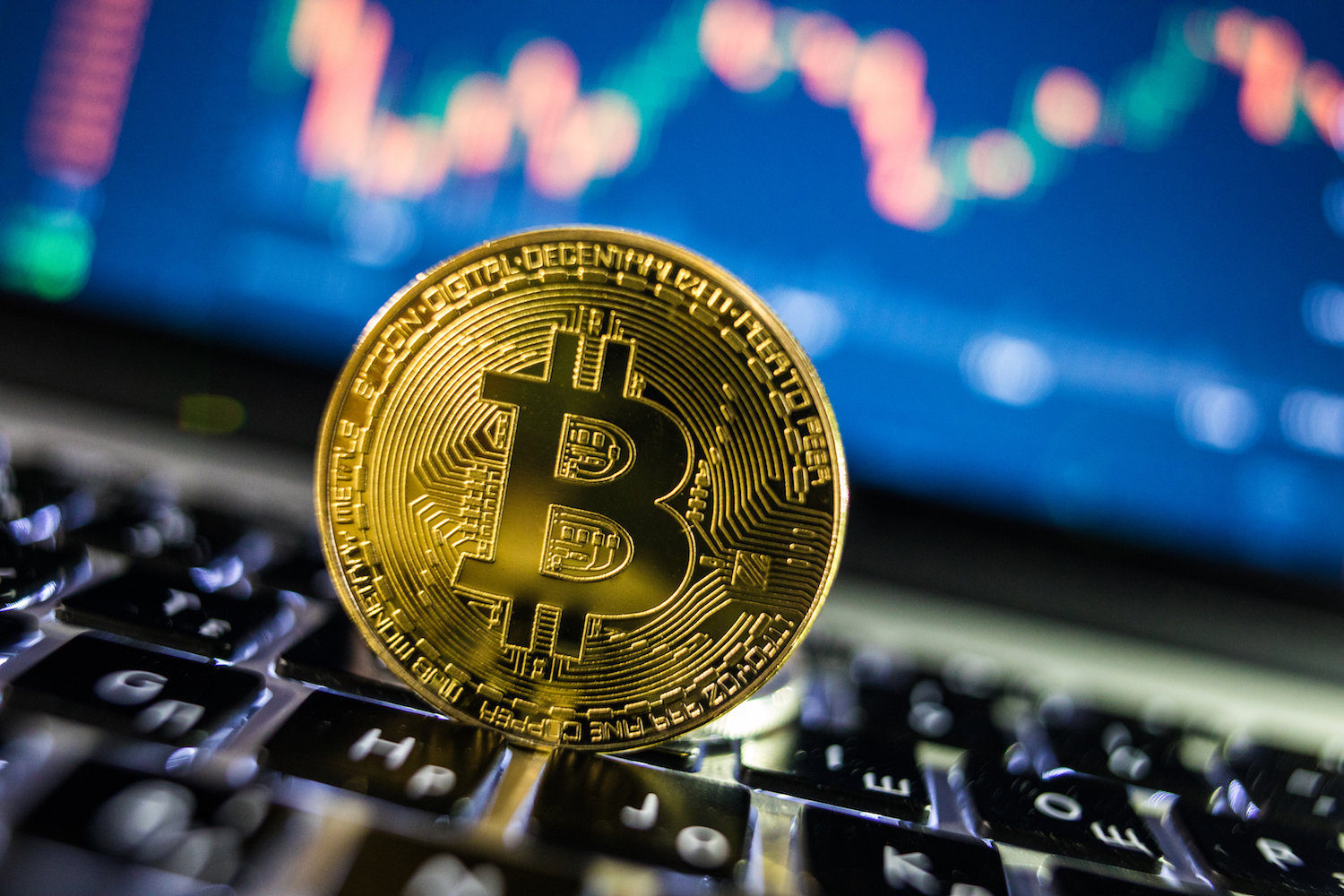Bitcoin or BTC is a digital currency started in 2009 by Satoshi Nakamoto. His real identity has not been established until now.
The technology held massive potential and prevailed peacefully until a major blow took place in 2004. Mt. Gox declared bankruptcy with about half a billion worth of BTC on its ledgers found missing. The global valuation of BTC immediately plunged by $3 Billion in only a matter of weeks.
Let’s get a little more perspective at understanding how Bitcoin functions.
How does it work?

BTC is not a physical currency. It is virtual money that only exists over the web, in a digital wallet. It is a software that keeps useful data with private security keys that makes transactions possible.
Blockchains, or ledgers track the existence of BTC. You can only send, or receive bitcoins via peer-to-peer transactions. Such transactions require a BTC address. There are various exchanges all over the world that facilitate BTC trading.
[fvplayer id=”1017″]
Legal and regulatory issues surrounding Bitcoin?

Legal and regulatory issues surrounding BTC revolves in two main themes:
- The market for BTC remains deregulated. This means that there is no centralized issuing authority. It is almost impossible to track down the individual, or the company which issued the digital currency.
- Unlike a bank account, opening a BTC account, or making payments does not require personal information. An oversight to validate the information on the ledger does not exist.
As with traditional currencies and mode of payments, the same anti-money laundering regulations apply to BTC payments in the States. The anonymity of peer-to-peer transactions, however, makes it easier to break the policies.
Former Federal Reserve Chairman, Ben Bernanke, in fact, cautioned that terrorists may use BTC because of these inherent risks. With drug traffickers at the Silk Road market carrying out illegitimate transactions on BTC, it isn’t a far off possibility.
The FBI has shut it down in 2013 while its founder, Ross William Ulbricht now serves multiple life sentences. Yet there are still reports that other dark markets are using bitcoin for fraudulent transactions.









